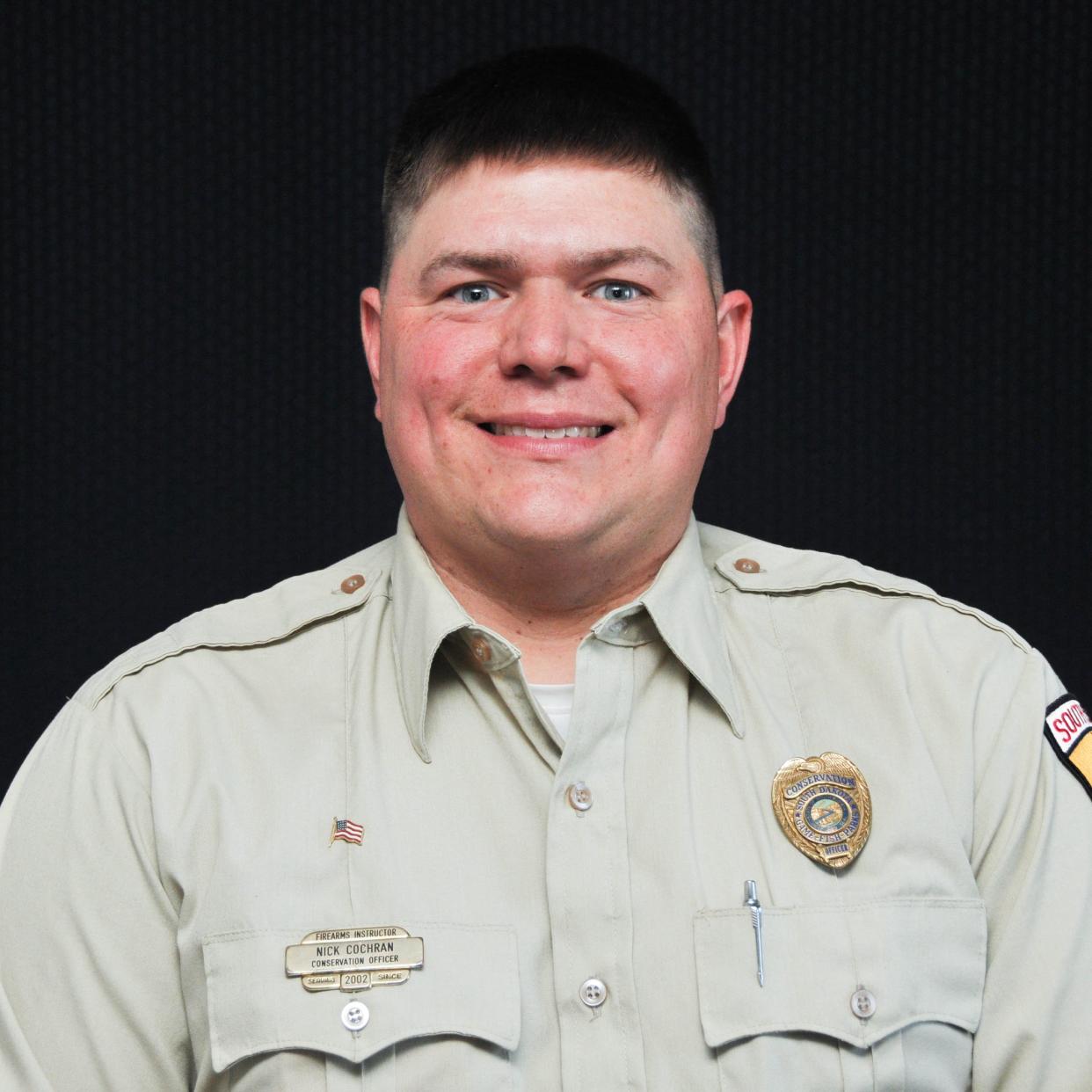Nick Cochran: Public should leave baby animals alone

It is important to leave baby animals alone. Every spring and summer people find baby wild animals that appear to be abandoned or orphaned. This is not the case! Most of the time, these baby animals are intentionally left alone so their mothers can find food.
To understand wild animal behavior, an individual needs to know how some wildlife raise young. For instance, a doe, which is a female deer, hides her fawn in habitat, like tall grass. The doe’s instinct — for the first few weeks of their fawn’s life — is to hide them for their own protection.
A fawn is born scentless, which helps the fawn not be detected by predators. When fawns are first born, they are not able to run fast enough to keep up with their mothers and are easy targets for predators. A fawn’s instinct is to lay motionless in the grass, and because it’s scentless, the predators cannot find the fawn.
Each year the Game, Fish and Parks receives numerous phone calls from people about abandoned wild baby animals. People think they are rescuing these baby animals, when in fact they are actually putting these baby animals at harm. By touching these baby animals, humans are leaving scent on them and exposing them to stress. If a human touches a fawn, they leave their scent on the fawn, making it an easy target for a predator.
It is also against the law to possess wild baby animals. Wildlife do not make good pets and can be dangerous to humans. These baby animals are cute right now, but as they grow, they become more aggressive and can carry many different diseases. Wildlife raised in captivity do not have the skills to survive in the wild and therefore cannot be released into the wild. Many of these animals become pests and can be dangerous.
The best chance of survival is for a baby wild animal to be raised by its parents in the wild. These wild animals were not meant to be raised in a cage. Unlike the game warden shows shown on TV, South Dakota does not have rehab centers for these baby wild animals.
So, remember if you find a baby wild animal, never touch or try to capture it and look but do not disturb, to give this animal the best chance at survival.
Nick Cochran is wildlife conservation officer for the South Dakota Game, Fish and Parks
This article originally appeared on Aberdeen News: Nick Cochran GFP column Public should leave baby animals alone

